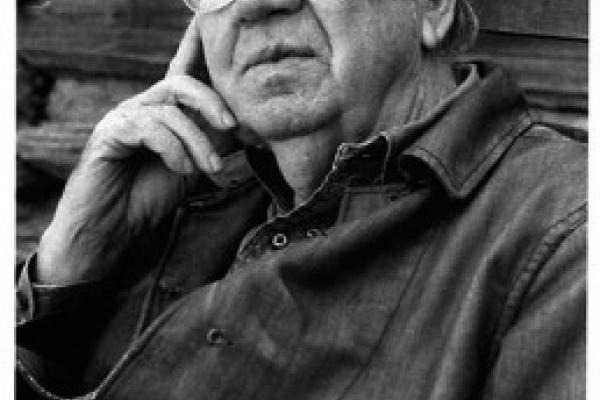Jun 6, 2013
The Rev. Will D. Campbell, a Baptist minister and early white civil rights activist, as well as best-selling writer and folksy raconteur, died Monday in Nashville, Tenn. He was 88.
With a fiercely independent streak and sometimes prickly personality, Campbell used his powerful way with words to explore American racism, especially the contradiction inherent in Christian support for segregation across the South.
And he had his own contradictions, as well. A Southern Baptist who drank moonshine with the Catholic nuns he counted as his friends, Campbell was an equal-opportunity critic, castigating liberals as well as conservatives in his writing and preaching and storytelling.
Read the Full Article

Already a subscriber? Login
